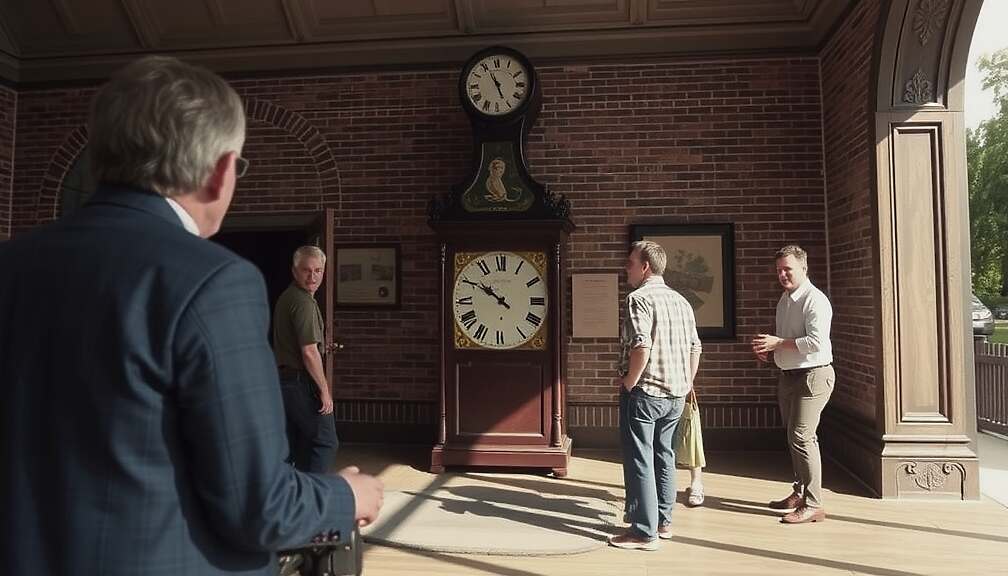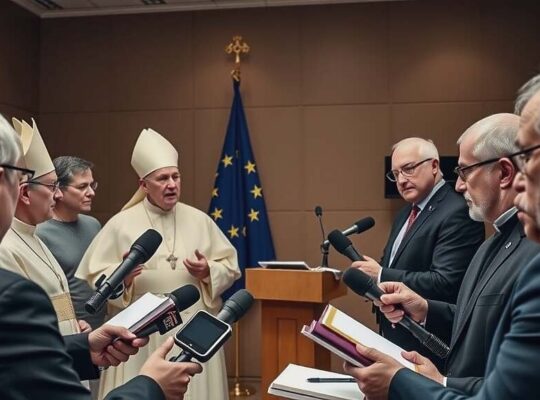The annual ritual of resetting clocks across Europe concluded this week as nations reverted from daylight saving time to standard time. Germany, along with numerous other countries, shifted their clocks back one hour, marking the end of the 46th consecutive daylight saving period. While seemingly innocuous, the biannual time change highlights a deeper political impasse and exposes the slow pace of progress on issues championed by the European public.
The logistical complexities associated with the shift were immediately evident, with Deutsche Bahn (German Rail) implementing procedures to ensure train schedules remained aligned. Nighttime services will pause at designated stations to account for the temporal adjustment and increased resources are deployed to manage the disruption for suburban rail lines operating during the crucial transition hours. This operational overhaul underscores the inherent inefficiencies baked into the system.
The debate surrounding the abolition of daylight saving time has gained significant momentum in recent years, fueled by mounting public discontent. Polls consistently demonstrate overwhelming support for eliminating the practice – a sentiment shared across the political spectrum. Yet, despite this clear mandate, meaningful action at the European Union level remains elusive. While Brussels acknowledges the desire for change, any decision to abolish the shift is likely to be years in the making, creating a frustrating disconnect between public will and political action.
The latest attempt to address the issue, a proposal brought before the Bundestag (German Parliament) by the AfD (Alternative for Germany) party, serves as a microcosm of the broader political struggles within Germany. While almost all other parliamentary factions voiced support for ending the time changes, the AfD’s involvement ultimately stalled progress, revealing the potential for partisan maneuvering to obstruct even broadly supported reforms. The party’s efforts, while ostensibly focused on a popular cause, were viewed by many as a tactic to leverage public sentiment for political gain, further complicating the already protracted debate.
With the scheduled return to daylight saving time on March 29, 2026, when clocks will advance again, the cycle is set to repeat, reinforcing the frustration surrounding the lack of decisive action. The enduring debate serves as a stark reminder of the challenges in translating public opinion into tangible policy changes within the complex machinery of European politics.












